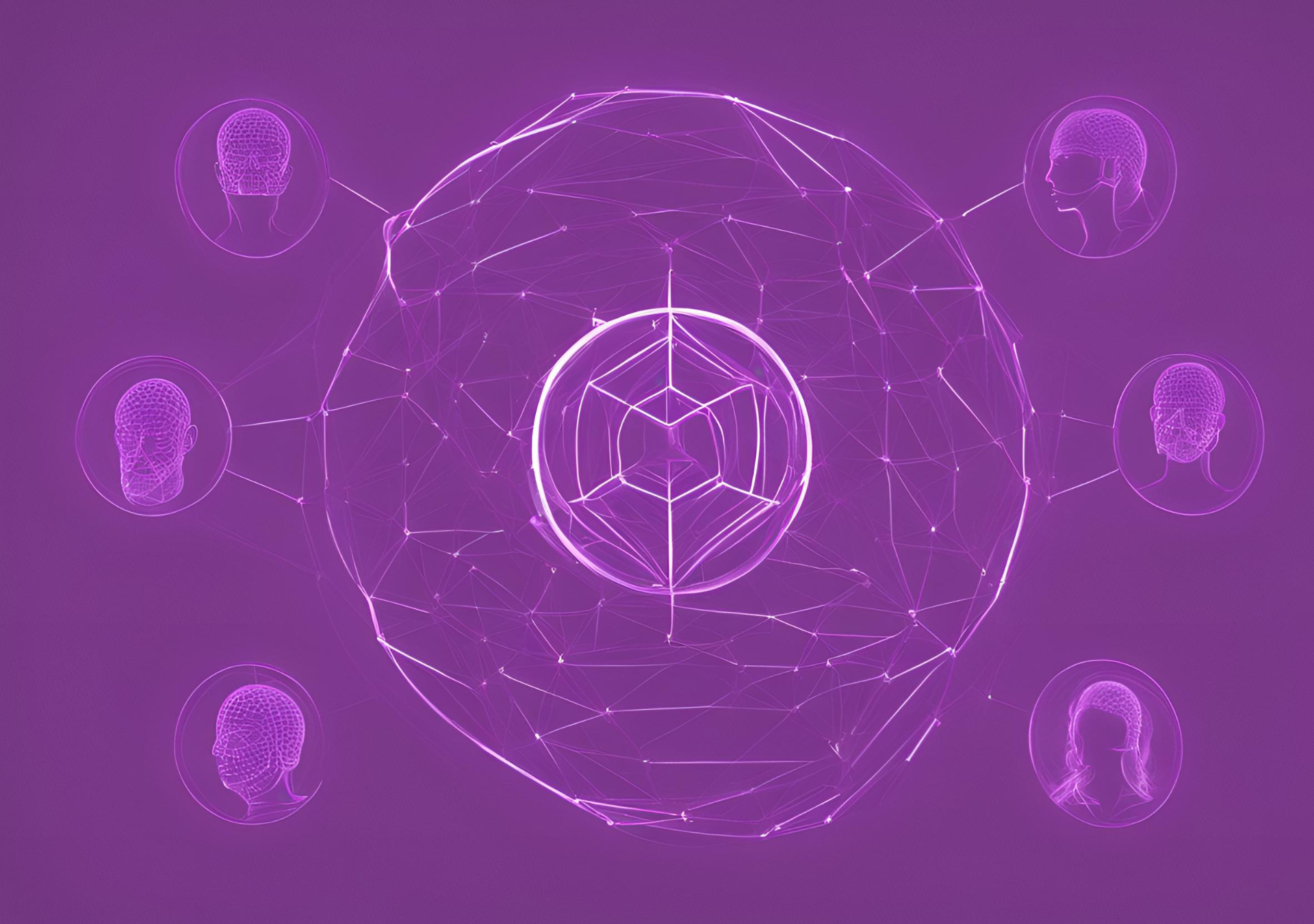What is the Bill about?
The Digital Personal Data Protection Bill, introduced in India, is a crucial pillar of the overarching framework of technology regulations. This proposed law applies to the processing of digital personal data within India and to data processing outside the country if it is done for offering goods or services, or for profiling individuals in India. Entities that collect personal data, known as data fiduciaries, are required to maintain the accuracy of data, keep data secure, and delete data once their purpose has been met.
How will the government penalize breachers?
The Bill has provisions for a penalty of up to Rs 250 crore for every data breach. Entities violating its provisions can bring it up with the data protection board, which can decide to bar proceedings against the entity by accepting settlement fees. Repeat offences of the same nature could attract higher financial penalties.
Government’s control over blocking an internet platform

The Bill gives powers to the central government to order the blocking of an internet platform (data fiduciary) when it is found to be engaging in repeated and serious violations on data handling. This could include not only social media giants but also banks, insurance companies, or those platforms where citizen engagement remains high.
The Dark side of this Bill
The Bill has been criticized for retaining wide-ranging exemptions to the Centre and its agencies, and diluting the role of the data protection board. The control of the central government in appointing members of the data protection board is also a concern. There is also concern that the law could dilute the Right to Information (RTI) Act, as personal data of government functionaries is likely to be protected under it, making it difficult to be shared with an RTI applicant.
The proposed amendments aim to make Aadhaar mandatory for tracking births and deaths, essentially monitoring every Indian from cradle to grave. This seemingly innocuous change could transform a simple state exercise into a tool for population control, potentially weaponizing personal data against every citizen. The Aadhaar project, which was initially hailed as a solution for interlinking databases across government branches, has shown that large databases are often riddled with noise and fraudulent data entries.

The most alarming aspect of this setup is the potential mandatory requirement of birth certificates for voter ID, akin to Aadhaar. This could have serious implications for electoral democracy. Amidst the turmoil sparked by the Personal Data Protection Bill, India is also grappling with proposed changes to the Registration of Births and Deaths Act. This amplifies the ongoing debate on data centralization & further underlines the necessity for a reliable and secure system like Soulverse’s Soul ID™ in managing such crucial data, to ensure both privacy and scalability.Remember, as we power ahead in this digital revolution, let’s ensure that it’s not at the cost of our privacy. With Soulverse’s Soul ID™, we might just have found the perfect dance partner for this intricate performance.





